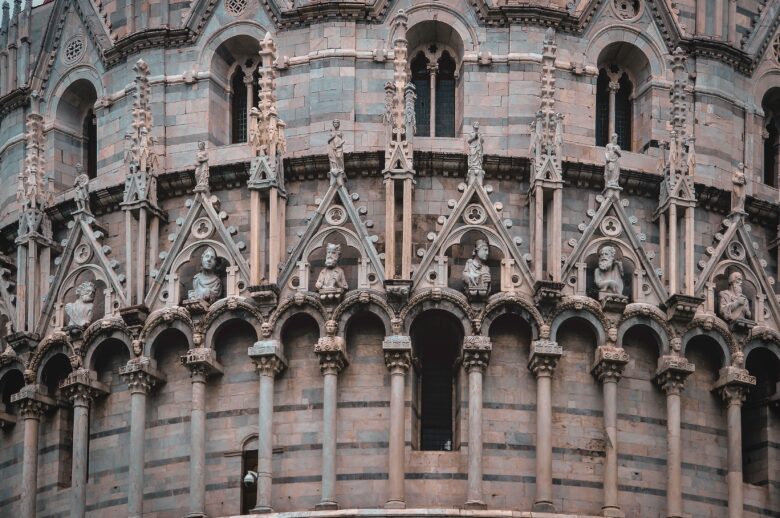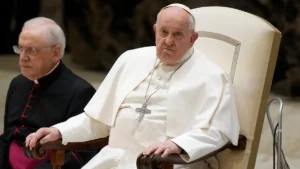Religion, throughout the annals of human history, has played a pivotal role in shaping societies, cultures, and civilizations. Its influence has been both profound and multifaceted, permeating various aspects of human existence. This article aims to delve into the rich tapestry of how religion has impacted history, exploring its role in politics, conflicts, art, education, and societal norms.
Shaping Societies and Cultures:
Religion has been a powerful force in shaping societal structures and cultural norms. The moral and ethical principles embedded in religious teachings have often served as the foundation for legal and social systems. In ancient civilizations like Mesopotamia and Egypt, religious beliefs were intertwined with the very fabric of daily life, dictating everything from governance to familial relationships.
Political Power and Governance:
Religion has frequently been a catalyst for political change and a source of governance legitimacy. Theocracies, where religious leaders hold political power, have been prevalent throughout history. The influence of religious institutions on rulers and governments is evident in the medieval period with the Catholic Church’s role in European politics and the Islamic Caliphates in the Middle East.
Conflict and Wars:
Religious differences have been a recurring cause of conflicts and wars, both on a large and small scale. From the Crusades to religious wars during the Reformation, deeply held religious beliefs have fueled tensions and hostilities. The Israeli-Palestinian conflict, with its roots in religious differences, is a modern-day example of the enduring impact of religion on geopolitical tensions.
Art, Architecture, and Literature:
Religion has been a wellspring of inspiration for artistic expression, shaping the aesthetics of various civilizations. Religious themes dominate classical art, from the grandeur of the Sistine Chapel’s ceiling to the intricate designs of Islamic mosques. Literature, too, has been profoundly influenced by religious narratives, with sacred texts providing the basis for epics, poetry, and moral tales.
Education and Knowledge:
Historically, religious institutions were at the forefront of education and knowledge dissemination. Monasteries in medieval Europe served as centers of learning, preserving and transmitting knowledge through handwritten manuscripts. Islamic scholars in the Golden Age of Islam made significant contributions to mathematics, astronomy, and medicine, rooted in their religious pursuit of knowledge.
Social Norms and Morality:
Religion has played a pivotal role in shaping societal norms and moral codes. Many ethical principles and laws find their roots in religious teachings. The Ten Commandments in Judaism and Christianity, for example, have had a profound impact on Western legal systems and moral philosophy.
Conclusion:
The impact of religion on history is an intricate and expansive tapestry, woven with threads of influence in every facet of human existence. Whether in politics, conflicts, art, education, or societal norms, the enduring presence of religion has shaped the course of civilizations. Understanding this profound influence is crucial for comprehending the complexities of human history and the diverse tapestry of beliefs that have guided humanity through the ages.


